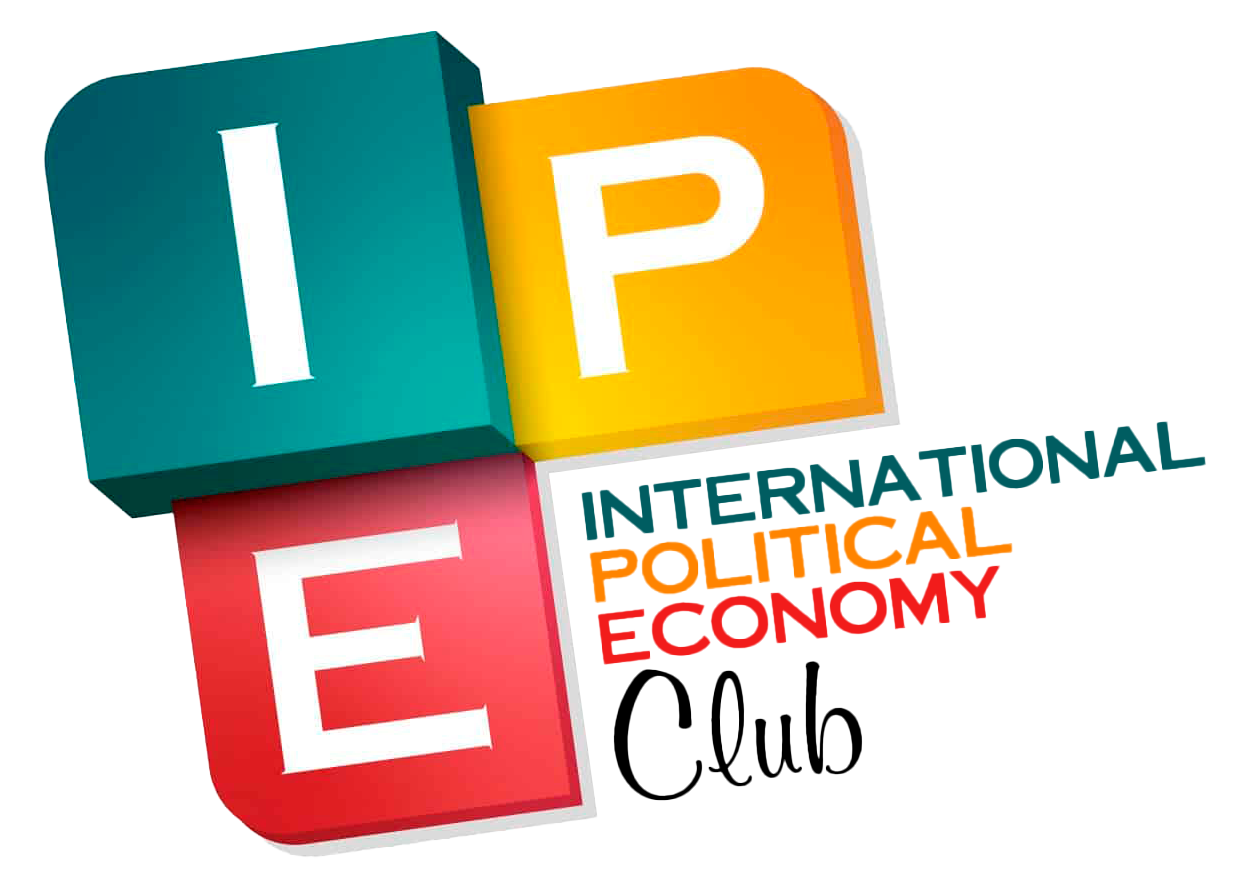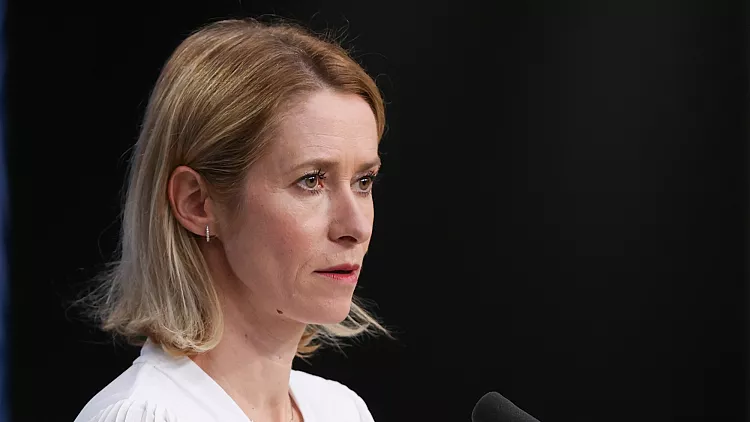Kaja Kallas has voiced concern over potential US military involvement in the ongoing tensions between Israel and Iran, warning it could spark a far-reaching conflict across the Middle East.
Speaking in Brussels following a virtual meeting with the European Union’s 27 foreign ministers, Kallas emphasized that direct American engagement would risk significantly expanding the conflict in the region. Her remarks came in response to recent comments from Donald Trump suggesting that the US might get involved if Iran were to threaten American forces.
“If the United States gets directly involved, it would undoubtedly escalate the situation and spread instability across the region. That benefits no one,” Kallas said.
She also referenced a conversation with US Secretary of State Rubio, who reportedly affirmed that the US has no interest in being drawn into the confrontation at this time.
Kallas highlighted the EU’s commitment to diplomatic efforts aimed at de-escalating the situation. She stressed that the risks of escalation, miscalculation, and regional spillover are too great to ignore, underscoring the need for restraint.
She also responded to Trump’s suggestion of seeking a “real end” to the hostilities that would involve Iran dismantling its nuclear program entirely — a stance that contrasts with the EU’s support for the 2015 Iran nuclear deal, formally known as the Joint Comprehensive Plan of Action (JCPOA). That agreement aimed to limit Iran’s nuclear activities to peaceful purposes in exchange for sanctions relief.
Kallas noted with concern the recent finding by the International Atomic Energy Agency that Iran was not complying with its non-proliferation commitments — the first such breach in two decades.
“A diplomatic solution remains the most effective path forward, and Europe is prepared to do its part. We cannot ignore Iran’s accelerating nuclear activities,” she said.
In practical terms, the EU has activated its Civil Protection Mechanism to help evacuate European citizens from the region. Kallas said several member states lacked the necessary aircraft to manage evacuations independently, prompting a coordinated response. She added that civil protection specialists are ready to be deployed as needed, and the EU’s ASPIDES naval operation continues its mission in the Red Sea to protect merchant vessels from Houthi attacks.
Kallas also reiterated that the EU must maintain its attention on Gaza, where humanitarian access remains severely limited. She called for full and immediate aid access but did not provide updates on the EU’s ongoing assessment of its partnership agreement with Israel.
When asked about the impact of Middle East instability on global oil prices and the EU’s strategy for enforcing sanctions against Russia, Kallas advocated for moving forward with the plan to reduce the price cap on Russian seaborne crude oil from $60 to $45 per barrel.
She argued that allowing rising oil prices to benefit Russia would ultimately empower Moscow’s war efforts in Ukraine. “We need to act. If oil prices surge due to conflict in the Middle East, Russia stands to profit and fund its war machine more effectively,” she said.
Kallas also rejected Moscow’s attempts to position itself as a neutral mediator in the Israel-Iran dispute, citing Russia’s continued aggression in Ukraine as proof that it lacks genuine interest in peace.


